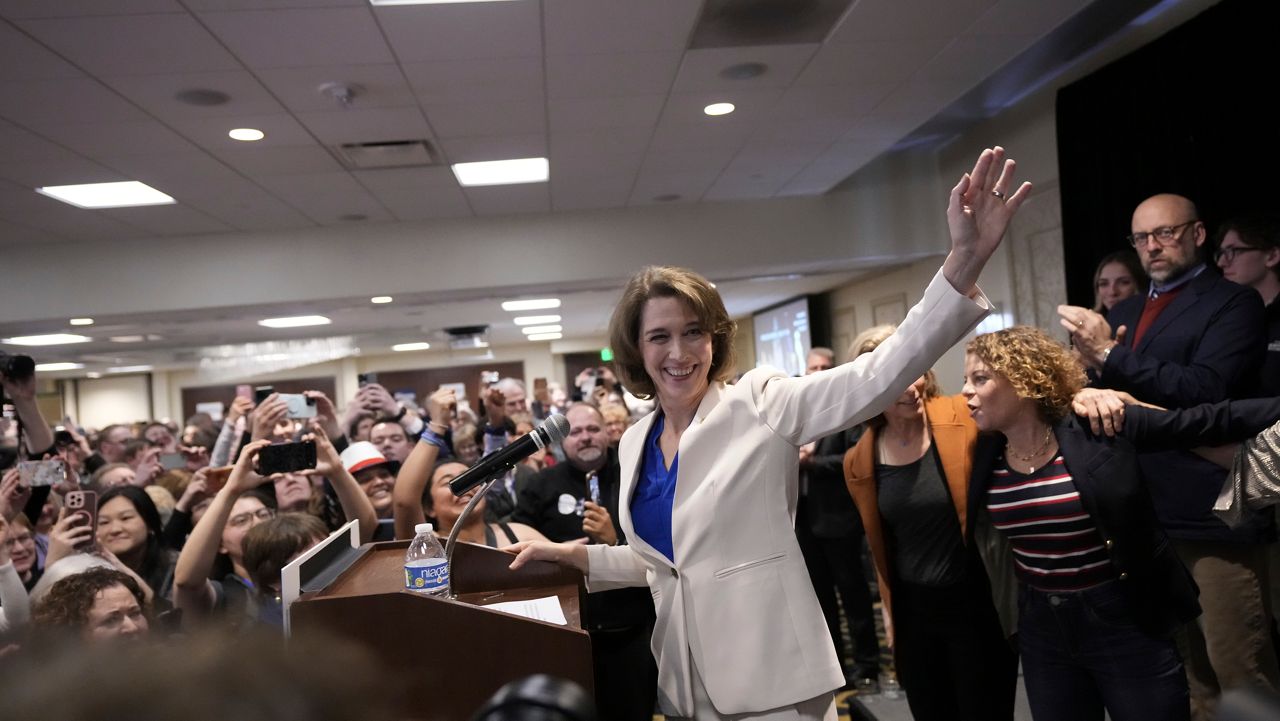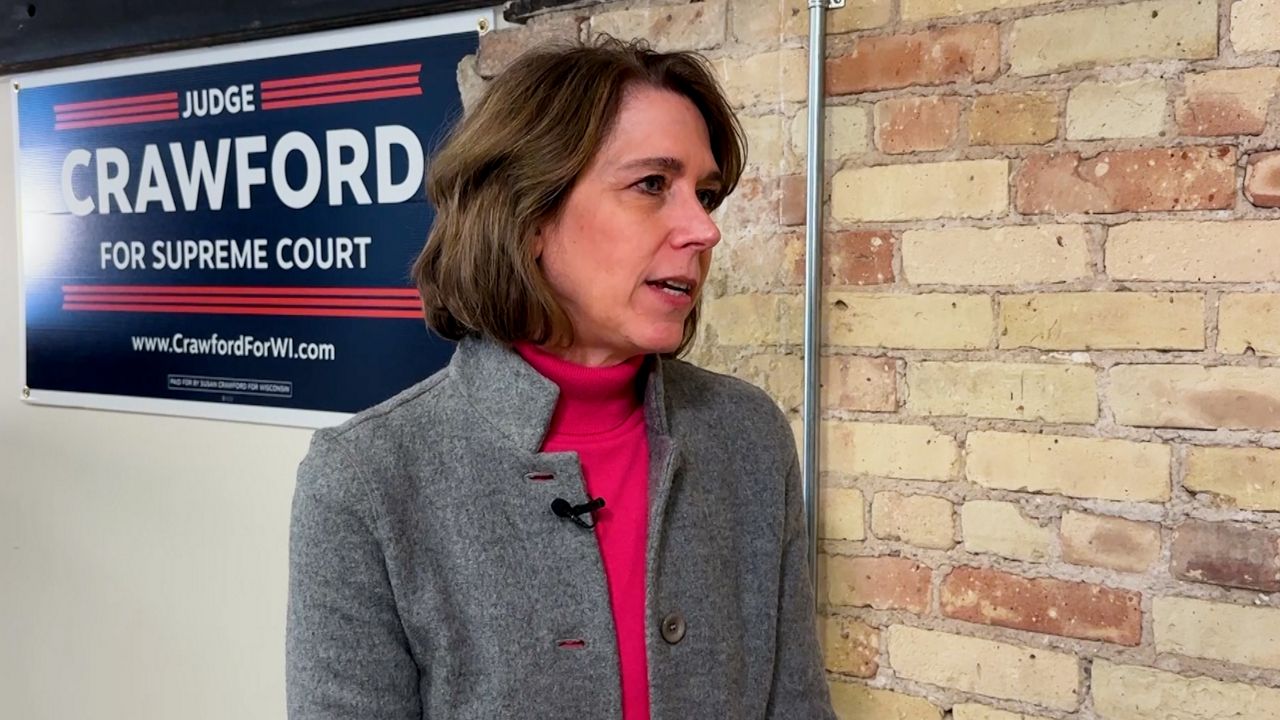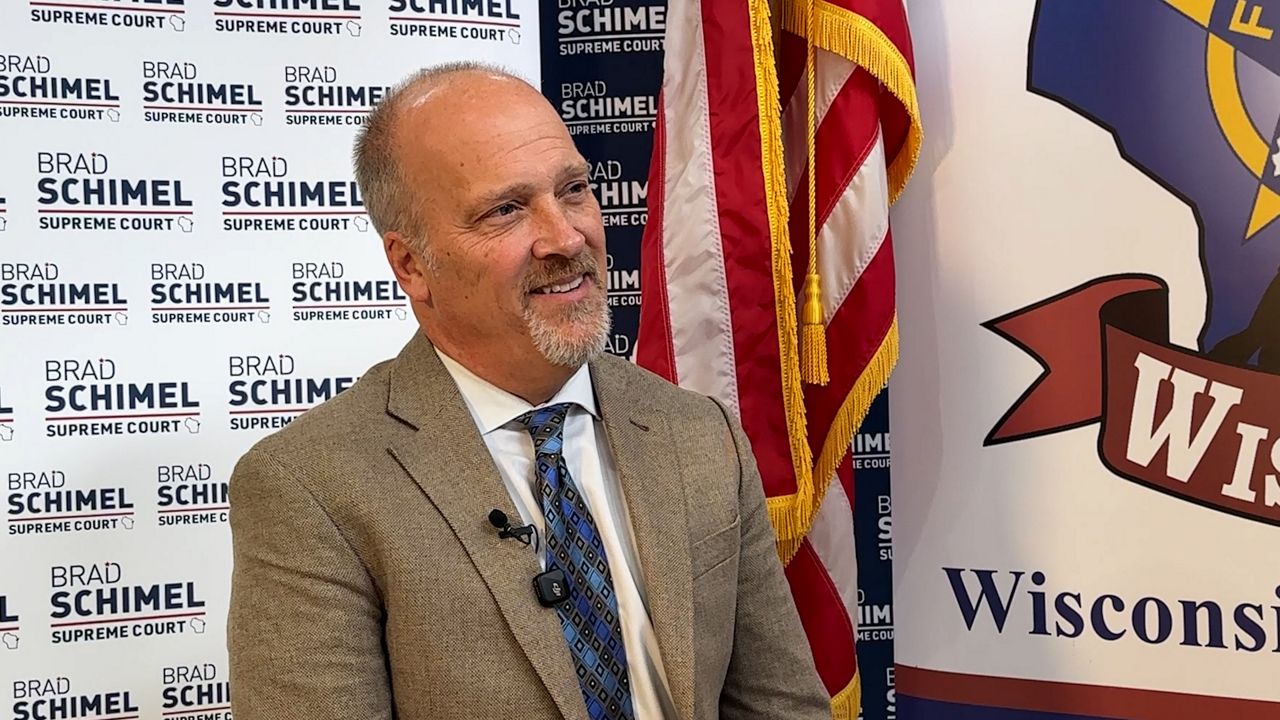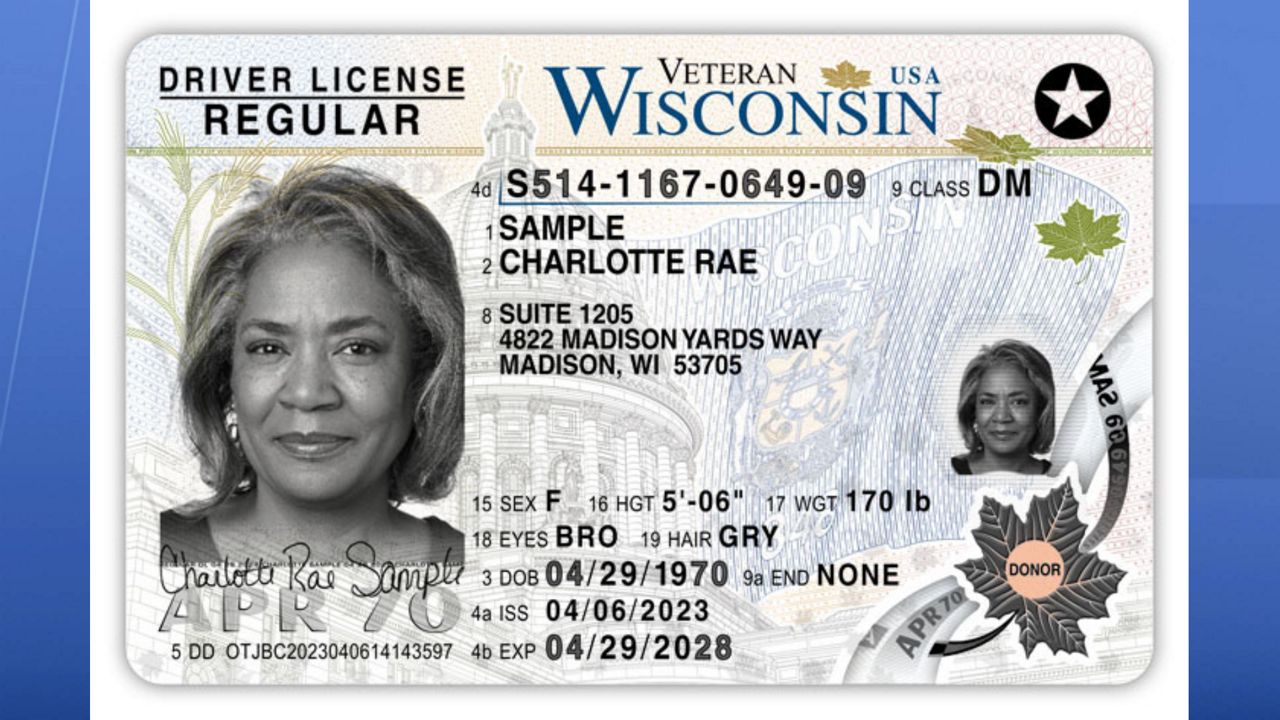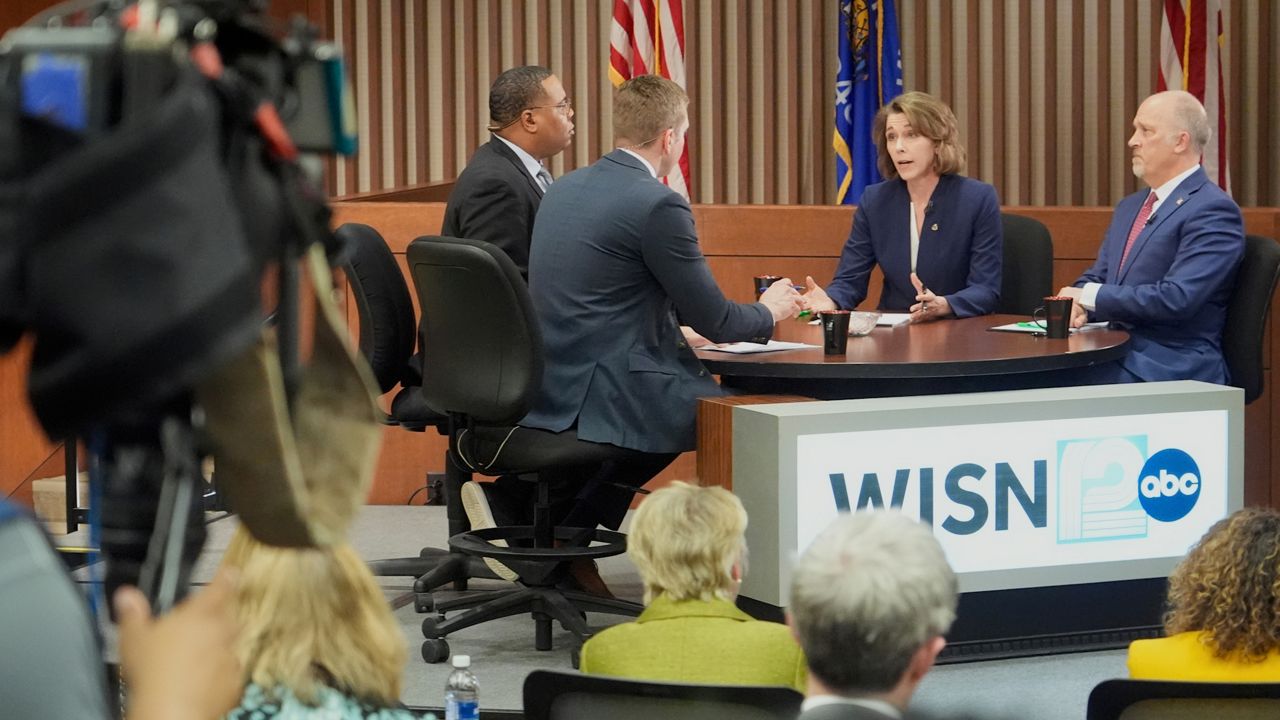MILWAUKEE — Should school board elections in Wisconsin be moved from the spring to the fall? That’s the question raised by a new report from the policy wing of the conservative Wisconsin Institute for Law & Liberty (WILL).
Right now, it’s just an idea. However, Will Flanders, who serves as WILL’s research director, said there is legislative interest in pursuing the policy when a new session begins in January.
“We think that given how school boards play a huge role in the education policy at the local level, that more voters should have their voice heard on these issues, and moving school board elections to a higher turnout election is one way to ensure that happens,” Flanders explained.
Spectrum News obtained the analysis before it was scheduled to be released this week. The report found average turnout for spring elections hovers near 28% compared to 64% in fall general elections, while the most recent presidential election was estimated near 73% turnout.
Flanders said he worries that discrepancy gives interest groups a bigger influence over elections, especially low-turnout ones.
“Those that are most intensely interested in school board races tend to be unions, tend to be folks that have a direct relationship to what happens in school board races, and we think that influence is a little outsized and should be reduced,” Flanders said.
However, some state lawmakers said the idea is concerning from a pro-democracy perspective.
“I think that fall elections, there’s just so much going on and they’re partisan. It’s important for our school boards and our local communities, I think, to remain nonpartisan,” State Sen. Kelda Roys, D-Madison, said after a school funding press conference earlier this week. “Public education is not a Republican or Democratic issue, even though Democrats have, obviously, been more likely to support public education in recent years.”
Flanders, on the other hand, believes the nonpartisan positions have already become political.
“What we’ve seen in recent years is that both parties have exerted a great deal of influence at the school board level,” Flanders added. “You see both parties sending out fliers and associated groups saying, ‘Here’s who you should support, here’s the slate of candidates on our side,’ so we think that’s already sort of baked into the process.”
Currently, 29 states hold their school board races in the fall, leaving Wisconsin among 13 states that hold those elections in the spring.
Seven states use other systems altogether and Hawaii is not divided into school districts.







